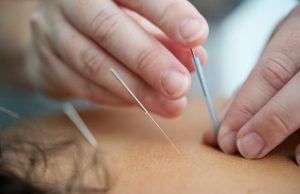
Should I Get Orthotics?
One of the most common questions I get at the office is whether or not a patient should wear orthotics in their footwear. Many patients have pain in their feet when walking, running, or playing sports, and they are curious if orthotics can help them. What are orthotics? Orthotics are









